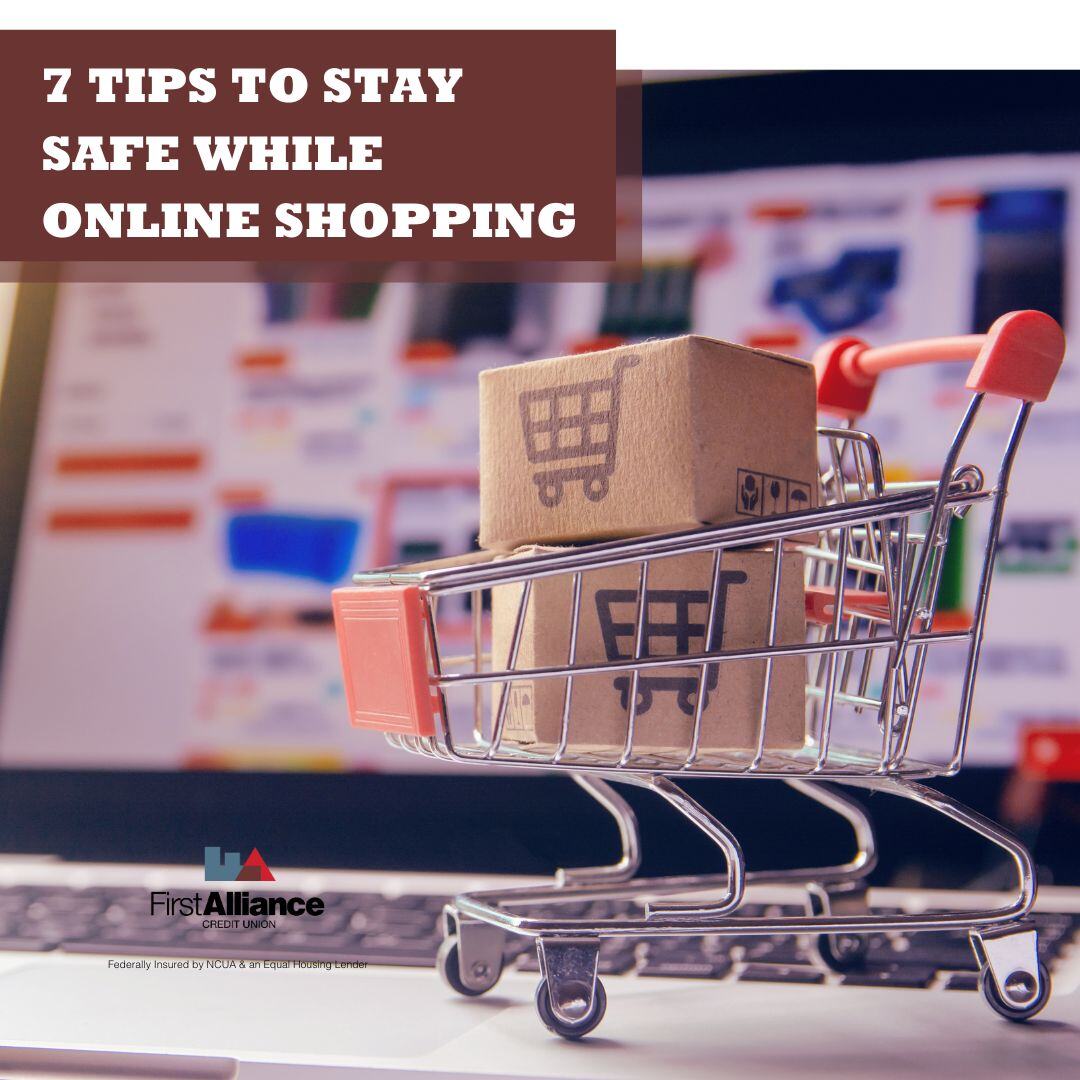Six Tips to Protecting Your Identity
xIdentity theft is when a person’s private information is fraudulently acquired and used by another person. This information includes financial,...

The risk of identity theft and identity fraud need to be taken seriously. Every year millions of people fall victim to a variety of scams that can cost you thousands of dollars and time to fix. Here are some of the best ways to avoid identity fraud and keep your identity safe.

Any paperwork with personal information should be put through a shredder before being thrown away.
Since "phishing" is becoming a common problem, use up-to-date firewalls, anti-spyware, and anti-virus software to protect your home computer. Good anti-spam software is a must. Plus, never click on links in e-mails. Instead, open a new window and go to the website address you know in order to enter information. Fake PayPal e-mails are becoming more common, so be extra wary when dealing with these. You might also want to avoid e-mail archiving in the event that someone hacks into your account.
This includes using all or parts of your birth date, mother's maiden name, or the last four digits of your Social Security number. Passwords should be a mix of letters, numbers, and special characters whenever possible.
Whether over the phone, through the mail, or over the Internet, don't share your information unless you know exactly who you are dealing with. If something doesn't seem right, it probably isn't.
Never carry your social security number in your wallet or write it down on a check. Keep your social security number in a locked location in your home. And only give it out if absolutely necessary.
This is especially important with roommates, outside help, or if you are having work done in your home. You never know who could inadvertently get a hold of your information.
If they do not arrive, they may have been routed somewhere else. Call your billers immediately and find out if your address has been changed on the account. You may need to close the account and open a new one to ensure your information stays secure.
If an account or credit card arrives that you did not open or activate, someone else did. Call the company immediately and have it closed/canceled.
Credit is often denied for a variety of reasons, one of which is when too much credit is opened in a short period of time. Being denied credit may mean that someone else has opened accounts in your name. You will want to review your credit report thoroughly if this occurs, it could be a sign your a victim of identity theft.
Credit card companies create a profile of their clients detailing out the most common places a customer shops and the items that they frequently buy. If something is purchased that does not suit your profile, they will contact you for verification. Respond to the notice right away to head off potential theft and damage to your credit.
Any credit opened in your name will show up on your credit report. By staying on top of this, you will be able to stop identity theft before too much damage occurs. You are entitled to one free credit report every year, the best website to access this is annualcreditreport.com
Look for any charges that you did not make. Consumers usually have only 30 days to dispute items they did not authorize. To ensure you are able to be reimbursed for fraudulent charges dispute must be filed before the 30 day mark.
Get a new card with a new number and close the old card, since this alone may stop a thief in possession of your information. For the next few months to a year you will want to keep close tabs on your accounts to ensure your information is still secure.
You can receive many of your bills through your email/online. By requesting this benefit, you keep account numbers and personal information private. You are also able to save hard copies directly to your hard drive, which allows you to find the information quickly and easily when needed. Plus, less paper waste!
This is especially important when dealing with taxes since the IRS can demand to see proof of deductions for as long as eleven years after you file. By keeping it in a storage box, you can shred the contents when the time period is up. Note: this does not include social security numbers.
Emails are now commonly used to steal or "phish" information out of consumers by making the email look as if it came directly from a financial institution. If you respond to the email, you encourage them to continue trying to get personal information from you. Simply add the address to your spam list to keep them from contacting you in the future. Visit the addresses you know if you are concerned the notice is valid.
Let them give you their name and number, but do not call that number back. Instead, call the number on the back of your card and ask to speak to a representative about your account. Let them know that you were contacted and ask them to verify any problems. All account managers have access to the same information, so they will be able to see if there is a problem with your account or not.
By doing so, you lessen the amount of mail that comes to your mailbox, and you will still be able to apply for credit online. Check out the FTC's Consumer Alert web page to see all the ways you can opt out.
This is an especially good idea for anyone in a higher income area. The nicer the area you live in, the more ideal a target you make to an identity thief because they assume you have more money for them to steal.
By having a copy of the card (front and back) in a locked filing cabinet or other safe place, you will be able to quickly and easily contact your creditors should your purse or wallet ever be stolen.
Lock away all the other cards in a safe place and carry as few cards as possible. This way, if someone ever gets into your wallet or purse, you will notice immediately if a card is stolen and be able to report it right away.
According to privacyrights.org, over 10 billion records have been lost to data breaches made public since 2005. Thus the above tips are very important. However, no matter how careful you are with your information, it is possible your information may still become compromised by a data breach. To help protect your further you may want to consider identity theft protection.

xIdentity theft is when a person’s private information is fraudulently acquired and used by another person. This information includes financial,...
If you think you may be a victim of identity theft, you need take action quickly. One of the first steps you should take is to place an initial fraud...

December is National Identity Theft Prevention and Awareness Month which especially important as we head into a holiday season. Online retail...